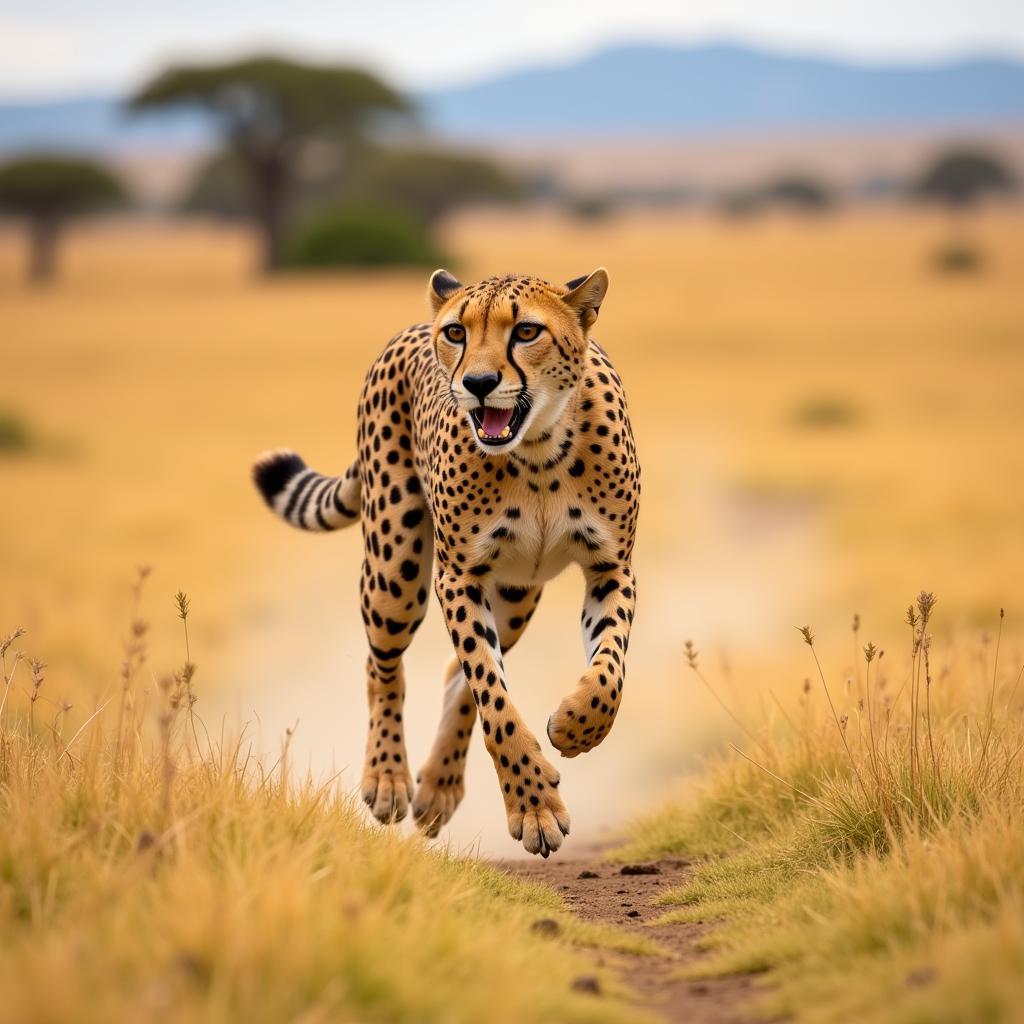The Enduring Legacy: Exploring the Magic of African Jazz Songs
African Jazz Songs, a vibrant tapestry of rhythm and soul, have captivated audiences worldwide with their infectious energy and profound cultural significance. Born from a beautiful collision of African musical traditions and American jazz influences, this genre transcends borders and speaks to the heart of human experience.
A Continent Finds its Voice: The Genesis of African Jazz
To understand the power of African jazz, we must first journey back to its roots. The genre emerged in the mid-20th century during a period of immense social and political change across Africa. As nations fought for independence and sought to define their new identities, music became a powerful tool for expression, unification, and resistance.
Influenced by the sounds of American jazz greats like Louis Armstrong, Duke Ellington, and Billie Holiday, African musicians began incorporating jazz elements into their own musical traditions. This fusion gave birth to a uniquely African sound – a mesmerizing blend of traditional rhythms, instruments, and melodies, infused with the improvisational spirit of jazz.
Rhythms of Liberation: Key Characteristics of African Jazz
What sets African jazz songs apart is their infectious rhythm and deep connection to cultural heritage. Here are some defining characteristics:
- Polyrhythms: African jazz is built upon complex, layered rhythms played simultaneously, creating a vibrant and dynamic soundscape.
- Traditional Instruments: Instruments like the kora (West African harp), balafon (wooden xylophone), and mbira (thumb piano) add distinctive timbres and textures to the music.
- Call and Response: This traditional African musical structure, where a lead vocalist interacts with a chorus, creates a lively and engaging dialogue within the music.
- Improvisation: Like its American counterpart, African jazz thrives on improvisation. Musicians engage in spontaneous musical conversations, showcasing their virtuosity and pushing creative boundaries.
These elements combine to create a sound that is both familiar and exhilaratingly new – a testament to the transformative power of cultural exchange.
Legends of the Genre: Pioneering African Jazz Musicians
The African jazz scene blossomed thanks to the immense talent and vision of pioneering musicians who dared to break new ground. These icons not only shaped the genre but also used their music to address social issues and amplify the call for freedom and equality:
- Fela Kuti (Nigeria): A true revolutionary, Fela Kuti’s Afrobeat sound, a potent blend of jazz, funk, and traditional Yoruba music, became synonymous with political activism and Pan-Africanism. His electrifying performances and outspoken lyrics challenged corruption and injustice.
- Hugh Masekela (South Africa): A master trumpeter, flugelhorn player, and composer, Hugh Masekela’s music beautifully blended South African rhythms with jazz sensibilities. His iconic song “Bring Him Back Home (Nelson Mandela)” became an anthem for the anti-apartheid movement.
- Miriam Makeba (South Africa): Known as “Mama Africa,” Miriam Makeba captivated the world with her powerful voice and captivating stage presence. Her music, deeply rooted in her South African heritage, shed light on the injustices of apartheid and championed African culture on a global stage.
These are just a few of the many extraordinary artists who have shaped the landscape of African jazz, leaving behind a legacy that continues to inspire and uplift.
Beyond the Notes: The Cultural Impact of African Jazz Songs
African jazz is more than just music; it’s a cultural force. The genre has played a pivotal role in:
- Preserving Tradition: By incorporating traditional instruments, rhythms, and melodies, African jazz ensures the continuation and evolution of rich musical heritage.
- Fostering Unity: The music has brought people together across cultural and geographical divides, fostering a sense of shared identity and pride.
- Inspiring Social Change: African jazz has long been a vehicle for social commentary and political activism, giving voice to the marginalized and inspiring movements for change.
Experiencing the Magic: Where to Listen to African Jazz
Today, the vibrant legacy of African jazz continues to thrive. From intimate clubs to grand concert halls, the music pulsates with life, offering a captivating experience for all who listen.
Here are some ways to immerse yourself in the magic of African jazz:
- Explore Online Music Platforms: Streaming services like Spotify, Apple Music, and YouTube Music offer vast libraries of African jazz songs, from classic recordings to contemporary releases.
- Attend Live Performances: Seek out local concerts and festivals featuring African jazz musicians for an immersive and unforgettable experience.
- Support Independent Record Labels: Many independent labels specialize in African music, providing a platform for both established and emerging artists.
The Future is Bright: African Jazz Continues to Evolve
The story of African jazz is still being written. A new generation of talented musicians continues to push the boundaries of the genre, blending traditional sounds with contemporary influences like hip-hop, electronic music, and global fusion.
As African jazz evolves, it remains a powerful testament to the enduring power of music to unite, inspire, and transcend boundaries. So, whether you’re a seasoned jazz aficionado or a curious newcomer, delve into the vibrant world of African jazz songs and discover a universe of rhythm, soul, and cultural richness.
FAQs: Exploring African Jazz
1. What makes African jazz unique from American jazz?
While both genres share a foundation in improvisation and rhythmic complexity, African jazz distinguishes itself through the incorporation of traditional African instruments, polyrhythms, and call-and-response vocal patterns.
2. What is Afrobeat?
Afrobeat is a subgenre of African jazz that originated in Nigeria in the 1970s, pioneered by Fela Kuti. It combines West African musical styles, such as Yoruba and highlife, with American funk and jazz influences.
3. Are there different regional styles of African jazz?
Yes, just as jazz has diverse regional expressions in the United States, African jazz also varies across the continent. Each region has its own unique musical traditions and influences, resulting in a rich tapestry of styles.
4. Where can I learn more about the history of African jazz?
Numerous books, documentaries, and online resources delve into the history and cultural significance of African jazz. University music departments and cultural centers often offer courses and workshops on the subject.
Ready to Explore More About African Culture?
- african american hymns and spirituals
- african american cultural values
- african american heritage people
- african instruments and their names
Contact us: For further assistance and inquiries about African culture, music, and travel, please reach out to our team at:
Phone: +255768904061
Email: kaka.mag@gmail.com
Address: Mbarali DC Mawindi, Kangaga, Tanzania
We are available 24/7 to assist you.

